Physicists at the University of British Columbia Okanagan campus have mathematically proven that the universe cannot be a simulation. Researchers used Gödel's incompleteness theorem to demonstrate that reality requires a non-algorithmic understanding, something no computation can replicate. This discovery challenges the simulation hypothesis and reveals that the universe's foundations exist beyond any algorithmic system.
According to Dr. Mir Faizal, a physicist at UBC Okanagan, the team's findings suggest that the universe's laws cannot be fully described by computation. "Reality itself depends on a deeper, non-algorithmic understanding that no simulation could reproduce," Faizal explained. "Our research shows that the universe's fundamental nature is not something that can be captured by a computer program."
The simulation hypothesis, popularized by science fiction, proposes that the universe is a complex computer simulation created by a more advanced civilization. However, the new research suggests that this idea is not only implausible but also mathematically impossible. Gödel's incompleteness theorem, developed by mathematician Kurt Gödel in the 1930s, states that any formal system powerful enough to describe basic arithmetic is either incomplete or inconsistent. The UBC Okanagan team applied this theorem to the simulation hypothesis, demonstrating that it is inherently flawed.
The implications of this discovery are significant, as it challenges our understanding of the universe's fundamental nature. "This research has far-reaching consequences for our understanding of reality and the limits of computation," said Dr. Faizal. "It suggests that there are aspects of reality that cannot be captured by a computer program, and that the universe's foundations exist beyond any algorithmic system."
The research has sparked interest among physicists and philosophers, who are re-examining the simulation hypothesis and its implications. "This discovery is a game-changer for the field of cosmology," said Dr. Lisa Randall, a physicist at Harvard University. "It challenges our understanding of the universe's origins and the nature of reality itself."
The UBC Okanagan team's research is published in a recent paper, which has been widely cited in the scientific community. The team is now exploring the implications of their findings and how they might be applied to our understanding of the universe.
As the scientific community continues to grapple with the implications of this discovery, one thing is clear: the universe's secrets are more complex and mysterious than we ever imagined.
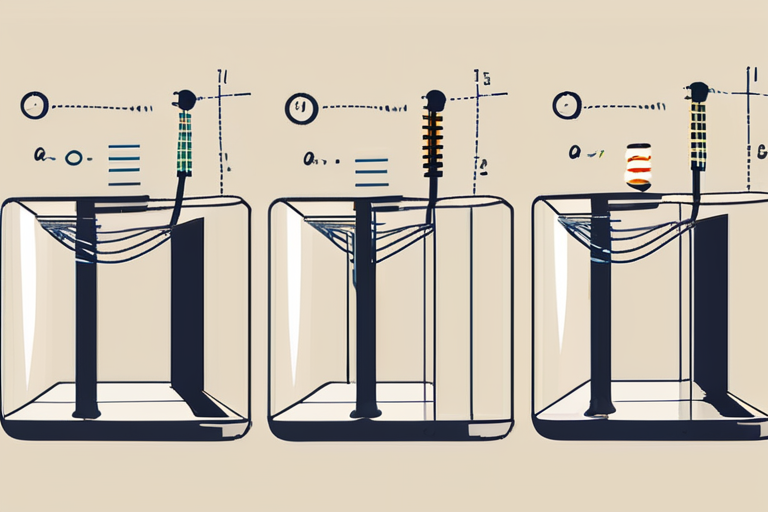



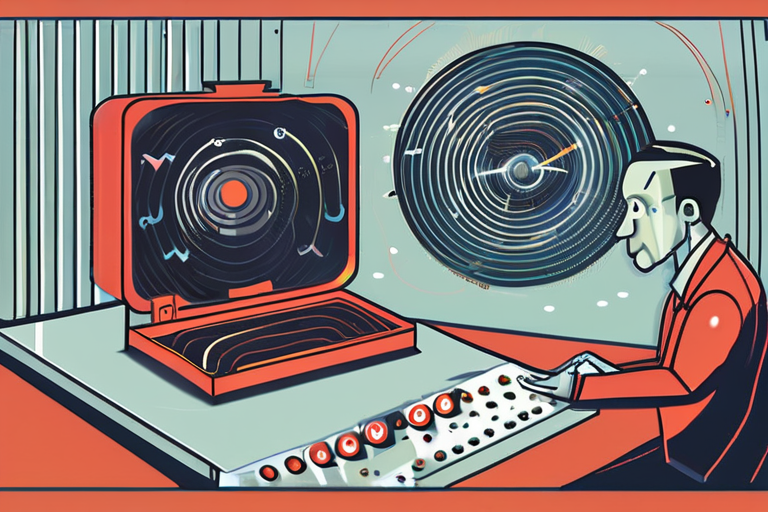

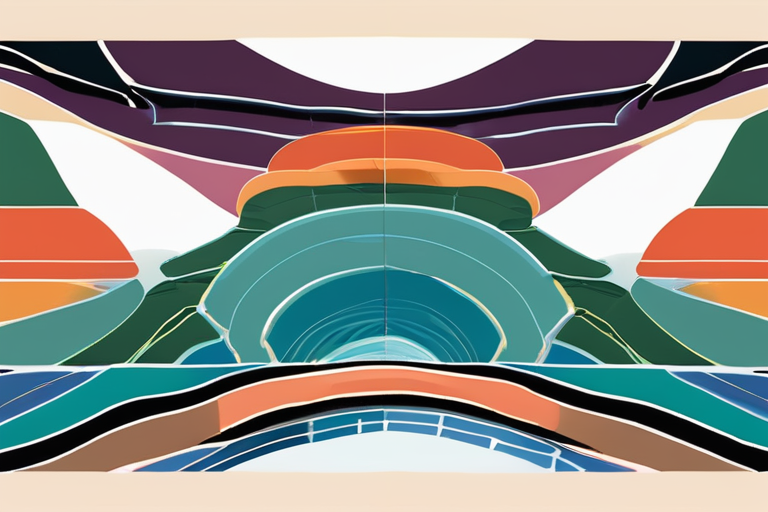


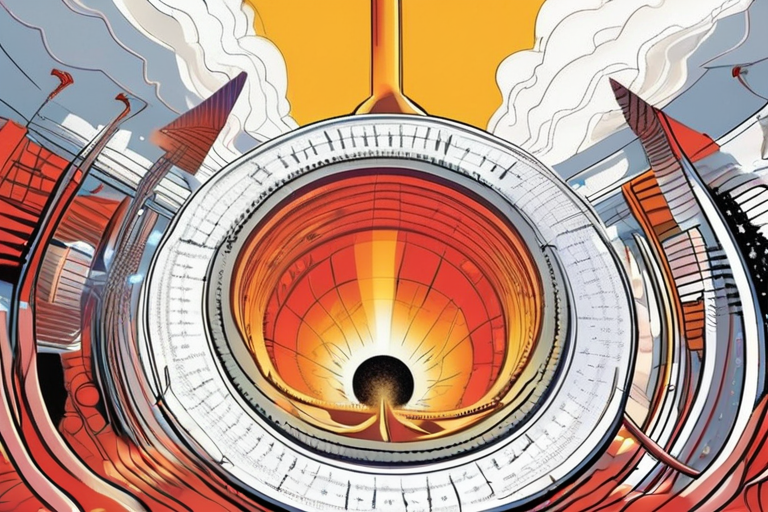
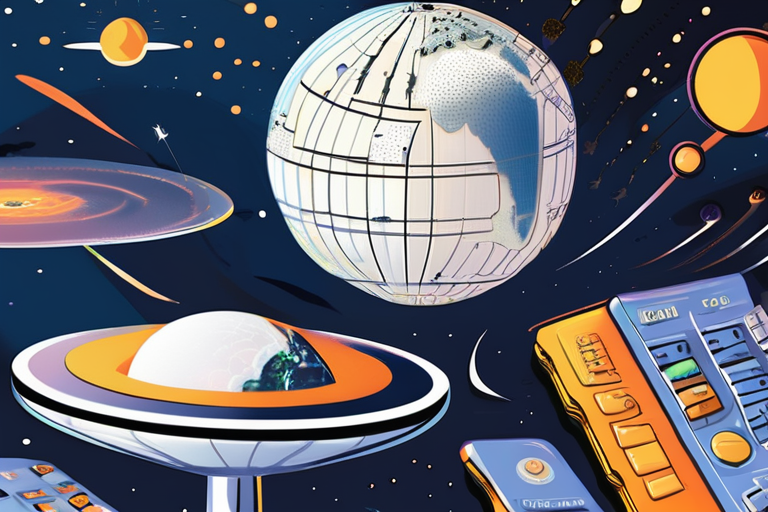
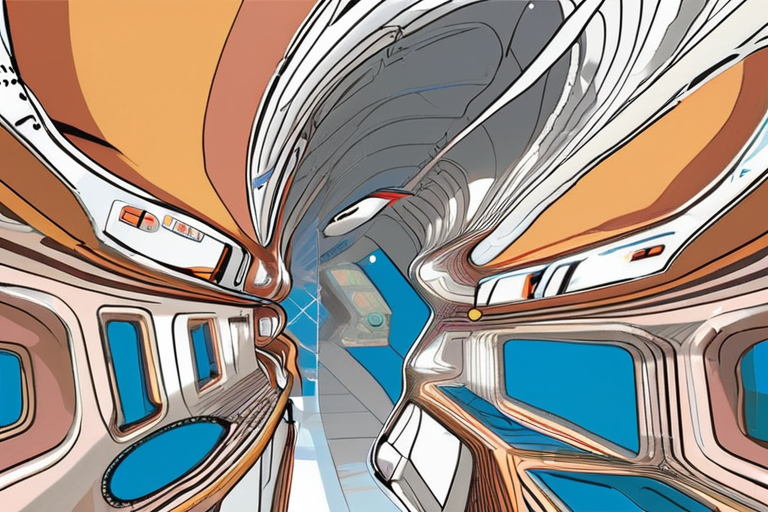
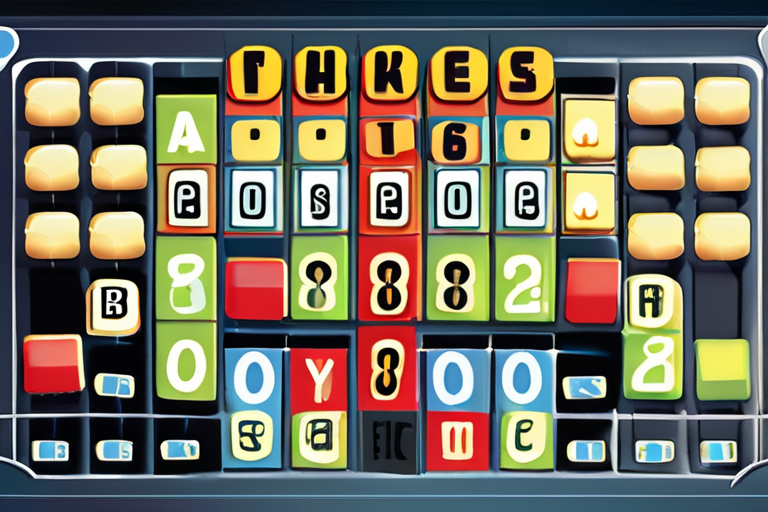
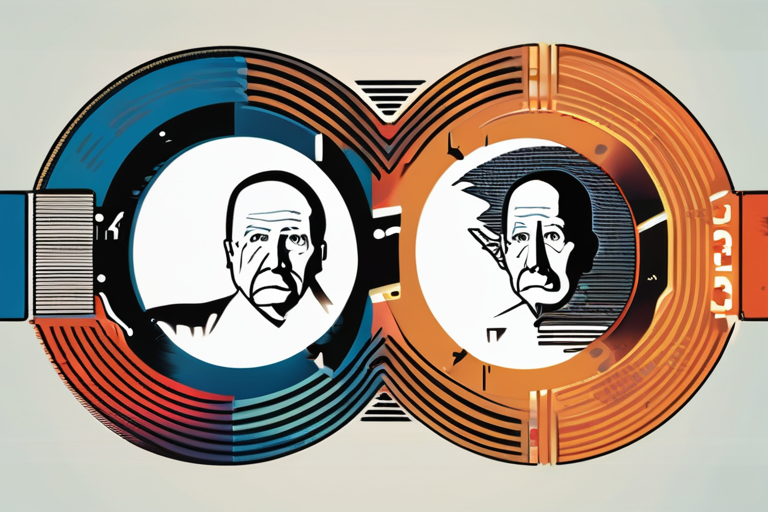
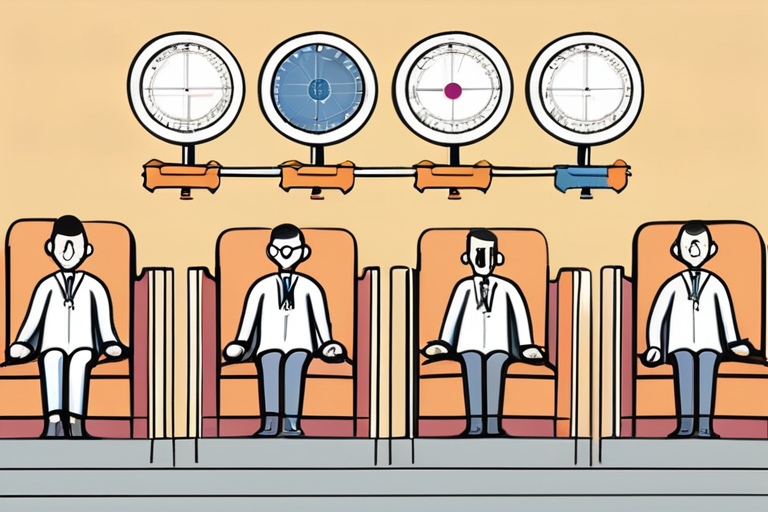

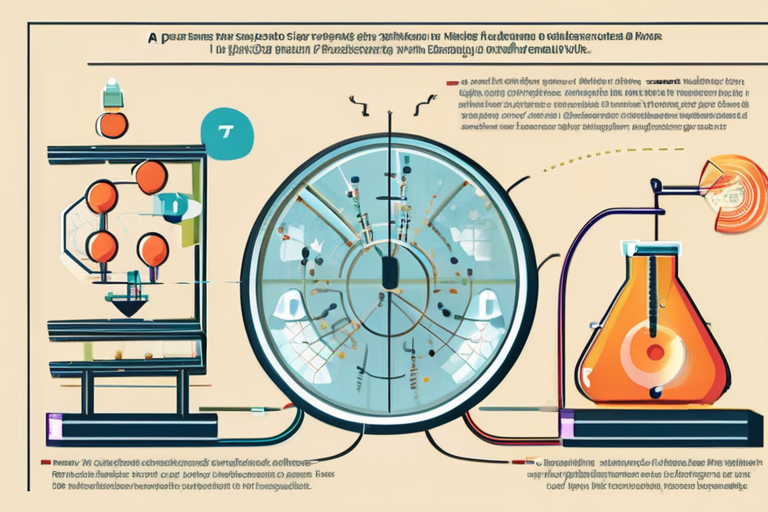
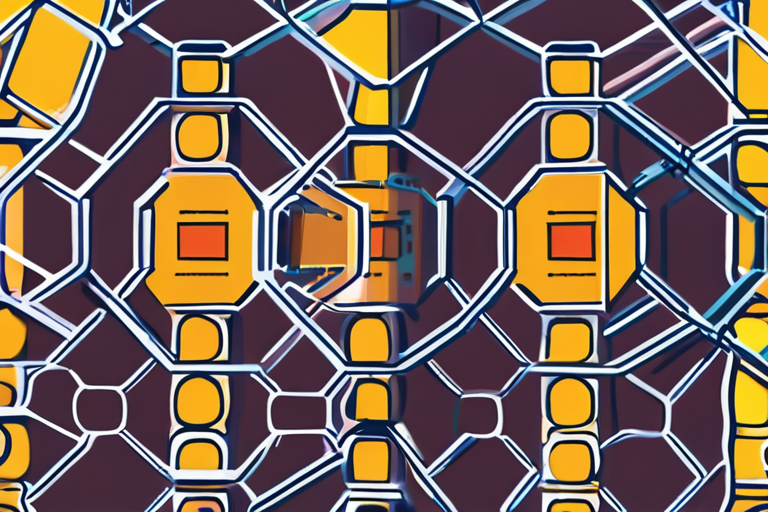
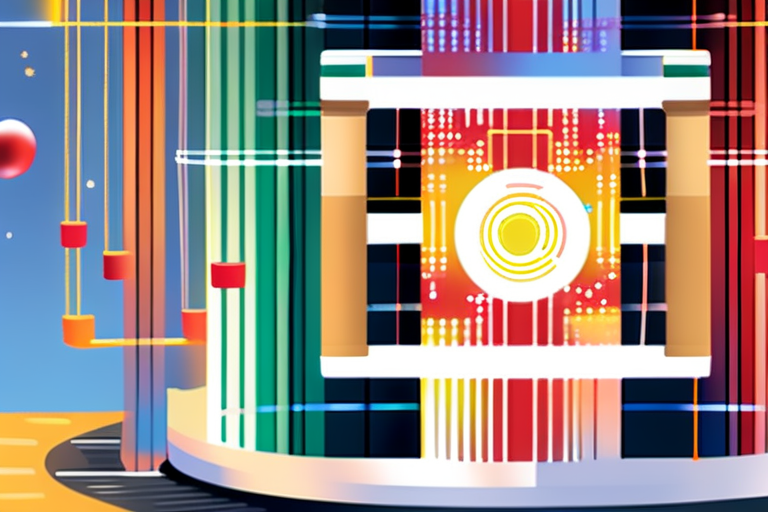

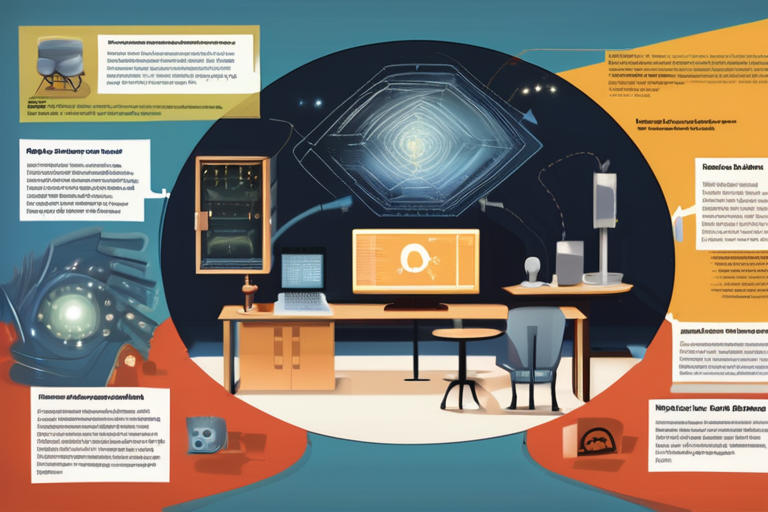

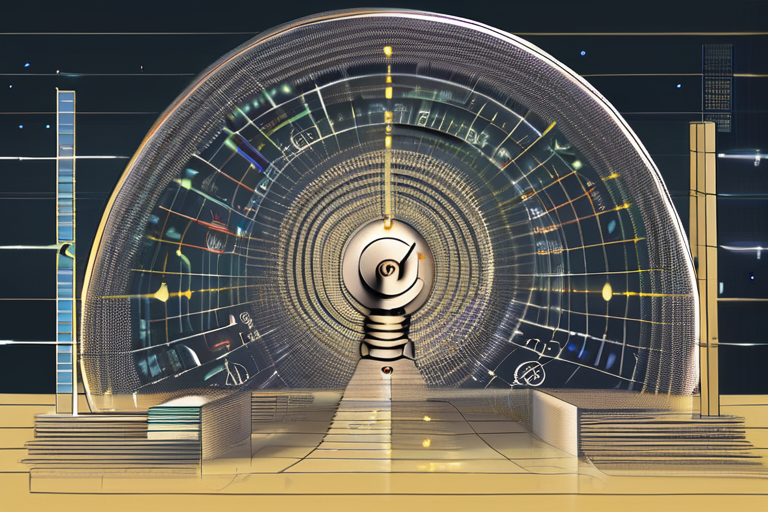


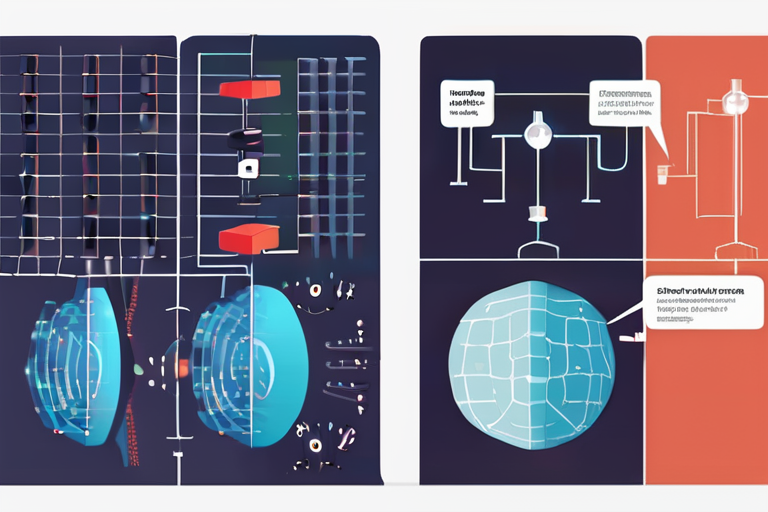
Share & Engage Share
Share this article